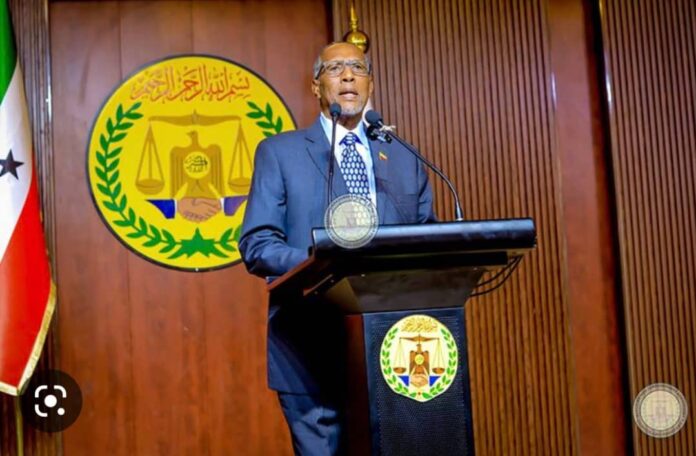Hargeisa (Kaab TV)– When Somaliland principal tribal elders and political figures began establishing their own breakaway administration Thirty years ago, on May 18th, 1991, they pledged to eliminate tribalism and unite their enclave’s disparate tribes into a cohesive nation.
But that was a short-lived dream. Throughout the next 30 years – especially when their state started to shape up – its successive leaders have succumbed to the temptation to toy with clan loyalties, sowing discord among them to tighten their grip, thereby marginalizing some key tribes.
In the vacuum, as Somaliland leaders continued favoring a few tribes at the expense of others, including indigenous tribes, vertical inequalities, lack of political rights, and economic grievances started to grow, creating a long battle about identity and historical sentiments tribes had nursed around who belongs to the land.
Decades-long discriminations and marginalization against some tribes, including those based in eastern regions and territory stretching from the border with Ethiopia where much of oil resources are located, added to the grievances that ignited protests against Somaliland leader which saw the resources’ rich territory fell from his grip last month.
When the anti-government protests erupted in Lasanod, a town in Sool, a region that Somaliland occupied 15 years ago from the neighboring Puntland, Somaliland leader Muse Bihi appeared unsure how to respond.
At first, he insisted that calls for an end to the mysterious extrajudicial killings in the town by the protestors had been put in the shade by saboteurs who were part of an external conspiracy to undermine Somaliland’s stability and unity.
In the following weeks, Mr. Bihi ordered his troops to crackdown against protesters, with soldiers and battlewagons sent into the restive town to combat “criminal gangs.” At least 10 protestors were killed.
Despite the intensifying crackdown, the revolt continued unabated in the town. Protestors began to take up arms, first to defend themselves and then to oust ‘occupying’ forces from their town. Anti-Somaliland militias have taken control of the city after evicting forces loyal to the government.
The eastern region of Sool, the epicenter of the anti-British and Italian control resistance in Somaliland in 1899, has long represented a political headache for Somaliland leaders.


